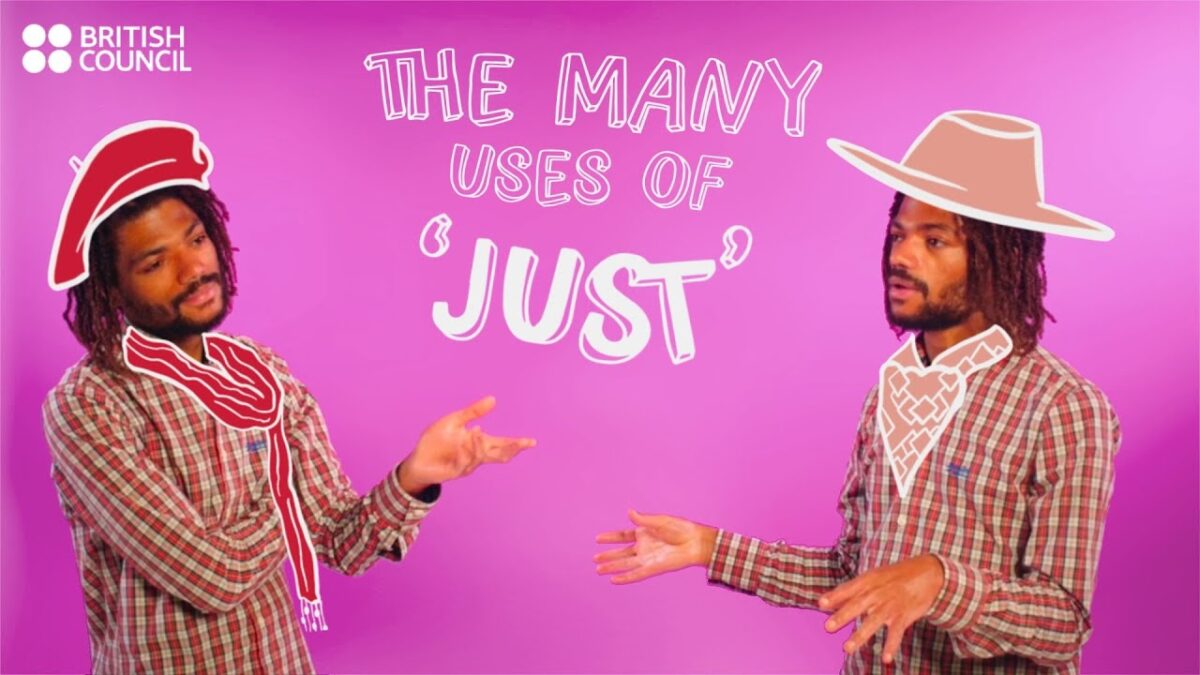Incomplete Idioms: 5 Famous Phrases That Don’t Mean What People Think

Ever wonder if that phrase you’re using really means what you think it does? You’re not alone! Over the years some of the most common idioms and sayings have been chopped down, twisted around, or just plain misunderstood.
The result? Phrases that people use every day, not realizing they’ve lost their original meaning! Discover five of them in this article.
How language and phrases evolve over time
Language is a living, breathing thing—it grows, changes, and adapts just like we do. What might have made perfect sense hundreds of years ago can sound completely different today. Words fall out of use, new expressions pop up, and sometimes we just get lazy and start shortening or changing phrases to fit modern times.
The full story behind incomplete phrases
It’s funny how some sayings change over time, often in ways that make them mean something completely different.
By uncovering the full original versions of these famous phrases, you’ll not only impress your friends but also gain a deeper understanding of the quirky, ever-changing English language.
Ready to get to the bottom of these incomplete idioms? Let’s dive in!
“Jack of all trades, master of none”
What it means today: When someone is called a “Jack of all trades,” it often means that the person knows a little bit about a lot of things but isn’t very skilled in any one area. It can sometimes be used in a slightly negative way, suggesting that this person is a bit of a dabbler—someone who spreads themselves too thin and lacks expertise.
The full original phrase: “Jack of all trades, master of none, though oftentimes better than master of one.”
The original saying is actually a bit of a compliment! It acknowledges that while a “Jack of all trades” may not be a specialist in one area, they are multi-skilled and flexible. So, the original phrase suggests that being skilled in many areas can be more beneficial than being highly skilled in just one.
“Money is the root of all evil”
What it means today: When people say “Money is the root of all evil” today, they usually mean that money is the main cause of bad behaviour or corruption. The phrase is often used to suggest that money can cause people to do bad things.
The full original phrase: “For the love of money is the root of all kinds of evils.”
As you can see, the original phrase is actually a bit different and more specific. It doesn’t say that money itself is evil, but rather that the love of money is what leads to many kinds of evil actions. In other words, it’s not having money that’s the problem—it’s the greed and obsession with trying to make money that can cause trouble.
“The early bird catches the worm”
What it means today: This phrase is used to encourage people to start things early. It means that if you’re quick to take action or get up early, you will have an advantage and be more successful.
The full original phrase: “The early bird catches the worm, but the second mouse gets the cheese.”
The original phrase adds a twist that changes the meaning a bit. While the first part—”the early bird gets the worm”—remains the same, the second part—”but the second mouse gets the cheese”—adds a whole new idea. It suggests that while being early can be good, sometimes waiting and being cautious can be just as rewarding, if not more so.
“Curiosity killed the cat”
What it means today: Nowadays, this phrase is often used as a warning. It suggests that being too curious or nosy can lead to trouble or danger. It’s a way of saying, “Be careful about sticking your nose where it doesn’t belong.”
The full original phrase: “Curiosity killed the cat, but satisfaction brought it back.”
The original phrase actually tells a different story. While the first part—”Curiosity killed the cat”—warns against the dangers of being too curious, the second part—”but satisfaction brought it back”—offers a more positive twist. It suggests that the cat (or a person) can actually find satisfaction or happiness from being curious, even if there is some risk involved.
“Winning isn’t everything”
What it means today: When people say “Winning isn’t everything,” they usually mean that there are more important things than just coming out on top. It’s often used to remind us that trying our best, having fun, or showing good sportsmanship matters more than simply winning.
The full original phrase: “Winning isn’t everything. It’s the only thing.”
The original phrase is much more intense and has a completely different tone. It was famously used to emphasize that winning is the most important goal, above all else. It suggests that nothing matters as much as victory and that anything less than first place is not enough!
Enhance your English skills with British Council English Online
If learning about the fascinating twists and turns of the English language has sparked your curiosity, why not take it a step further? With British Council English Online courses, you can dive even deeper into the quirks of the English language.
Whether you want to master idioms, improve your grammar, or boost your confidence in speaking, our courses are designed to fit around your schedule and help you reach your language goals.
Start your journey today and uncover even more of what makes English so wonderfully unique!
Related reading
If you’re interested in learning more about idioms, be sure to check out these related articles:
- Common Idiom Mistakes: How Prepositions Can Make Or Break Your Idioms
- Idioms and Phrases Shakespeare Invented
- Exploring Common Sports Idioms & What They Mean




